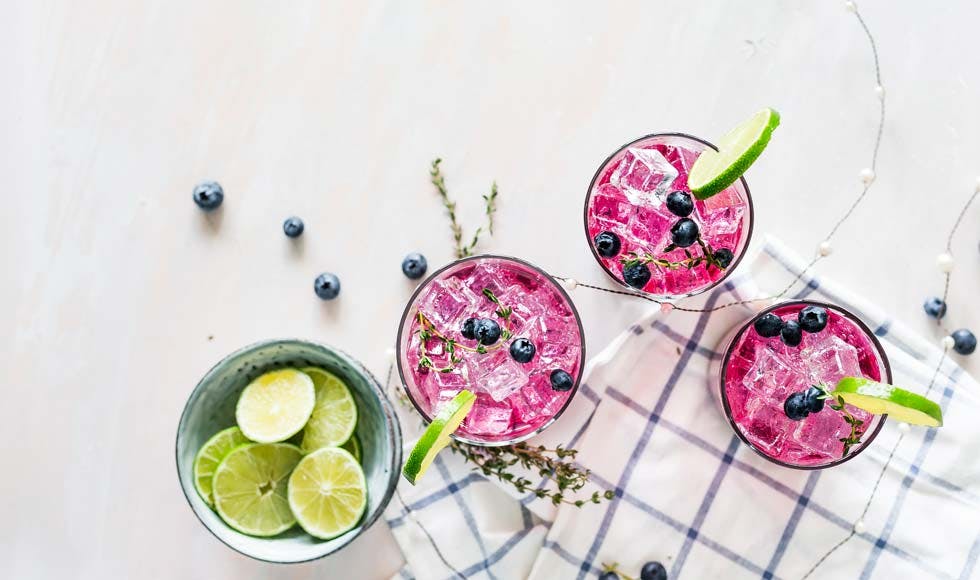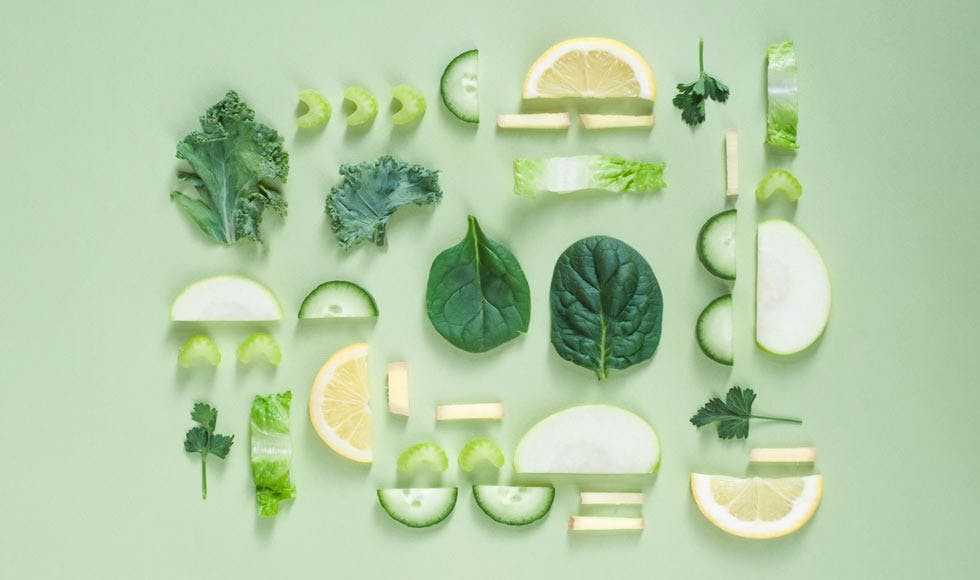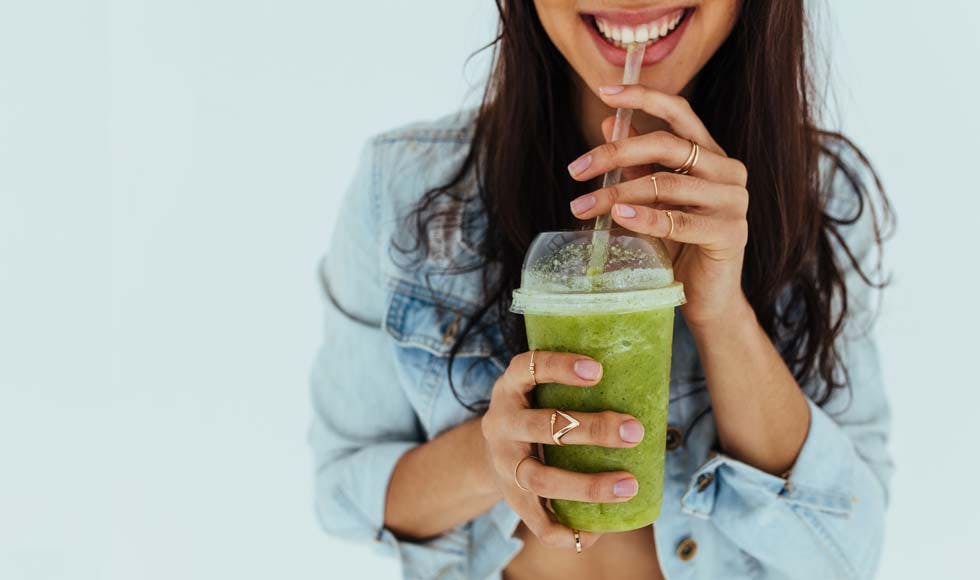
- Health hub/
- Tips & Advice on Improving your Digestive Health/
- On top of it: Irritable bowel syndrome


Stress busting
As a naturopath, I see that stress and anxiety have a major impact on the function of the bowel. Dealing with stress and anxiety is critical to helping reduce the symptoms of IBS.
I find meditation is a very useful tool to help calm the mind and body and it helps to re-set the nervous system to run at a calmer pace. It can be handy to buy a meditation CD and try to listen to it at least 10 minutes per day.
Some other stress busting tips include:
- Limit unnecessary running around in your life
- Try to actively move more slowly and calmly through life
- Seek the help of a counsellor or psychotherapist to deal with anxiety
- Eat well and sleep well
- Take regular holidays to unwind
- Avoid stimulants such as coffee, tea, chocolate and sugar, as they overstimulate the nervous system and the bowel
Fact attack: Irritable bowel syndrome
IBS is a common condition in which the bowel does not function properly. The symptoms can be similar to other bowel diseases but in IBS there is usually no visible change to the bowel wall. It is sometimes known as ‘nervous indigestion' as there is usually a link to stress, anxiety or low mood.
Symptoms include:
- diarrhoea
- constipation
- abdominal pain
- gas
- bloating
- nausea
- loss of appetite
- varying degrees of mild anxiety or low mood
Keep up the fibre
Fibre is important for bowel health and often improves IBS symptoms. I suggest avoiding wheat as many people have sensitivities, and there are loads of good alternatives such as slippery elm and psyllium husks. Water-soluble fibres are ideal and include fruits and vegetables, oat bran, legumes & guar gum. It's a good idea to experiment with other types of breakfast cereals such as quinoa and amaranth.
Having enough fibre in your diet will help to support healthy bowel movement and also help healthy bowel flora to flourish.
All about the flora
Consume foods that promote a healthy gut and avoid foods that have a negative impact on the gut.
This will help the bowel flora to be balanced and prevent the overgrowth of pathogens such as Candida. Fermented foods such as sauerkraut and miso soup are a great way to build a healthy gut environment. Fibre from fresh fruits and vegetables and whole grains is also important. Sugar is the enemy of the gut so cut it out as much as possible.
Food allergies or sensitivities
It has long been suspected that food sensitivities play a role in IBS. IBS sufferers should pay close attention to what they eat and note any aggravation of their symptoms. Keeping a food diary for a couple of weeks may help you work out what's not working. Some of the most common reactions I see are to wheat and dairy.
Household herbs and teas can help
Ginger has long been used as a herb for digestive support and it can be made into a tea or juice to help relieve nausea. Ginger is ideal for IBS as it has an antispasmodic effect and it helps to inhibit diarrhoea. Excessive contraction of the intestinal muscles is one of the primary findings in IBS. Peppermint has antispasmodic and carminative properties hence drinking the tea can help to relieve symptoms such as spasms and gas that occur with IBS. Chamomile is another herb that can be made into a tea to help reduce spasms in the bowel.
References available on request




